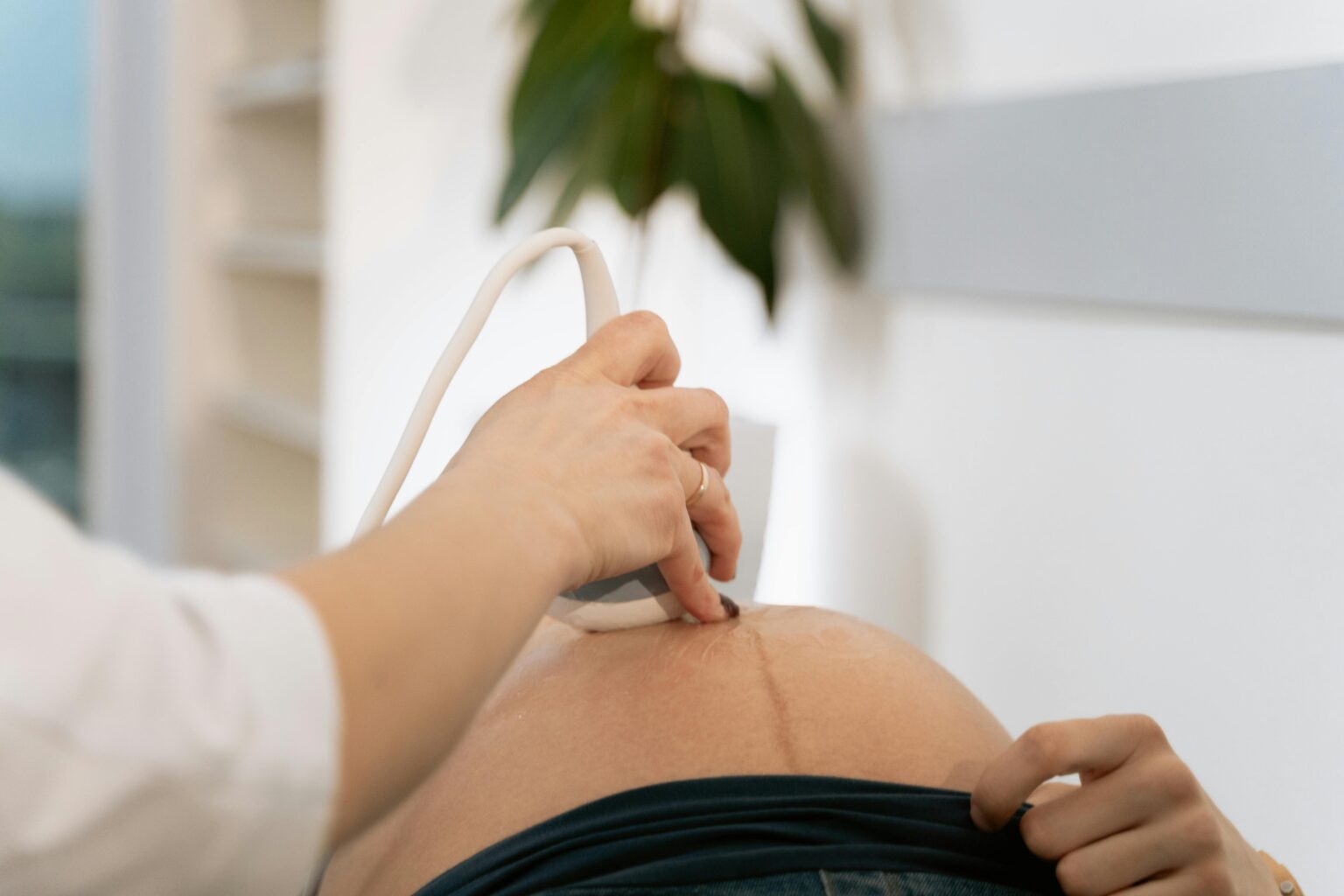Visiting a gynecologist can feel daunting for many. It is a beneficial step in maintaining overall health and well-being. Whether you’re seeking guidance on reproductive health, addressing specific concerns, or staying proactive with routine check-ups, understanding what to expect can ease uncertainties.
What Should I expect During my first Gynecological Exam?
During your first gynecological exam, the focus is typically on understanding your medical history and addressing any health concerns you may have. The exam may include a general physical examination, a breast exam, and a pelvic exam. A pelvic exam involves an external examination of the vulva, followed by an assessment of the vagina and cervix using a speculum. If necessary, additional tests, such as a Pap smear or STI screening, may be performed. Discussing your menstrual cycle, sexual activity, and any symptoms or questions is also a beneficial component of the visit.
How Often Should I Schedule a Gynecological Appointment?
It is recommended to visit a gynecologist annually for a routine check-up, even if there are no existing concerns. These visits allow for early detection and prevention of potential health issues. Depending on your age, medical history, and risk factors, your gynecologist may suggest specific intervals for screenings like Pap smears or mammograms. Regular check-ups are beneficial for maintaining reproductive and overall health.
What screenings are Typically Performed During a Routine Visit?
Routine gynecological visits often include a range of screenings to monitor and maintain reproductive health. These screenings may involve a Pap smear to detect abnormal cervical cells, a pelvic examination to assess the health of reproductive organs, and, if applicable, breast exams for breast health. Depending on individual circumstances, additional tests, such as sexually transmitted infection (STI) screenings or hormonal evaluations, may be conducted. These screenings are beneficial for identifying and addressing any underlying issues early.
What Should I do to Prepare For my Appointment?
To prepare for your gynecological appointment, maintain a record of your menstrual cycle, including the dates, duration, and any irregularities. Avoid using vaginal products, such as douches or creams, for at least 48 hours prior to the visit to get accurate results. If undergoing a Pap smear, aim to schedule the appointment mid-cycle, as this provides the most accurate results. Wear comfortable clothing that is easy to remove. Prepare a list of questions or concerns you wish to discuss with your gynecologist.
How do I Discuss Sensitive Issues With my Gynecologist?
When discussing sensitive issues with your gynecologist, be open and honest. Begin by briefly describing your concerns, focusing on specific symptoms, experiences, or questions. Using medical terms, when you can, will help with clear communication. If certain aspects are hard to explain, write them down beforehand. Gynecologists are trained professionals who regularly handle personal health topics with confidentiality and respect. Being open will help them provide the best care for you.
Schedule Your Appointment Today
Understanding the benefits of regular gynecological care is a proactive step toward safeguarding your reproductive health. This guide has addressed key aspects, from what to expect during your first visit to preparing for an appointment and discussing sensitive concerns. Schedule your appointment today and take charge of your health!
